Sacrificing the environment for food security
- World Politics Review
- 20 January 2010
The media and environmentalists must intensify their focus on the environmental costs of international farmland transactions.

The media and environmentalists must intensify their focus on the environmental costs of international farmland transactions.
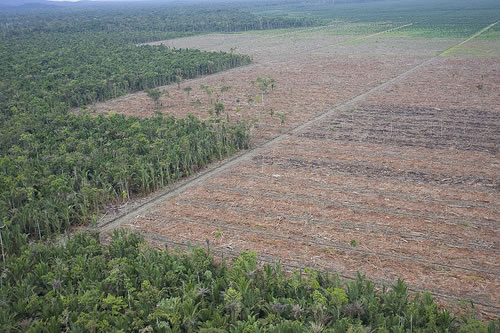
Indonesia's Vice Agriculture Minister Bayu Krishnamurti said, “They are ready to invest, to build farms, factories and industries.”

The Chairman of the Chamber of Commerce’s Board of Directors said that Saudi businesspeople were keen to invest in Turkey, particularly in agriculture. “The Kingdom has a huge program involving billions of riyals for agricultural investment in countries with fertile soil and plentiful water.”
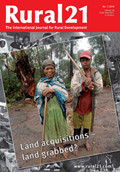
Foreign direct investment in land, also known as “land grabbing”, has become an explosive topic, especially in poor developing countries. In its first 2010 issue, Rural 21 gives insights into this current trend.
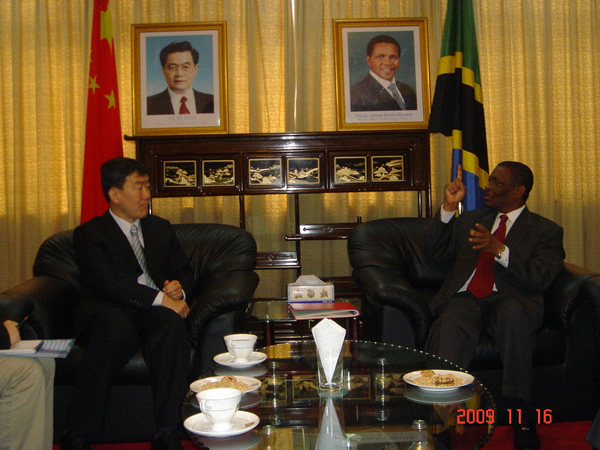
The Tanzania government has signed a five-year livestock and fishing agreement with China that would see Chinese firms invest in aquaculture and livestock projects.
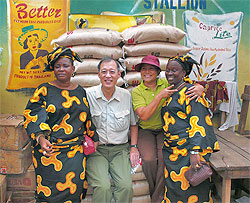
Vichai Sriprasent, President of Riceland International, said that Ghana had vast tracts of land and water sources that could be exploited for rice production.
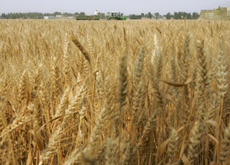
Foras International Investment Co., the investment arm of the Islamic Chamber of Commerce and Industry, has started to put its objective of realizing food security in the Islamic countries into action by launching its first project of the integrated agricultural food basket in Sudan.
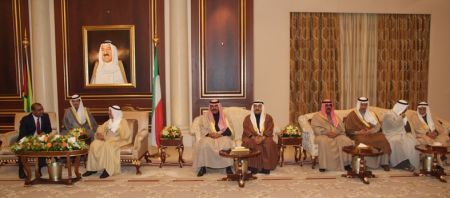
Guyana has an abundance of fertile land and aims to attract Gulf investment in its agricultural sector.
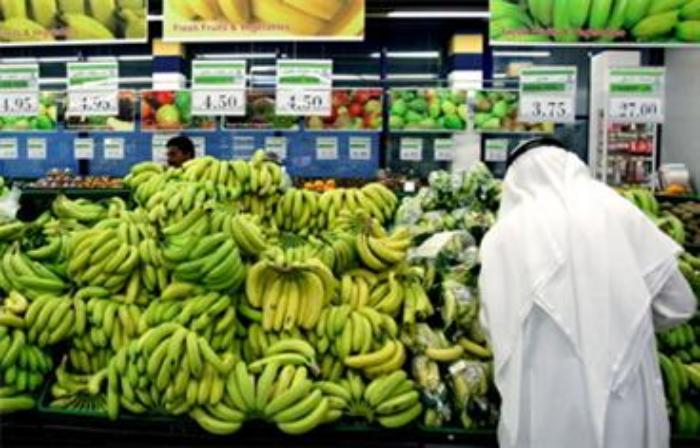
Most wealthy Arab nations are still "reluctant" to invest heavily in farming projects in fertile member states for political and security reasons, says AOAD, a key Arab League organisation.

Potentially, the government can set aside 12 million hectares for large-scale food cultivation.

“At this point, Turkey cannot even produce enough food for itself. Why should it even think about renting its own land?” says Abdullah Aysu, a spokesman for the Initiative for the Confederation of Farmers’ Unions
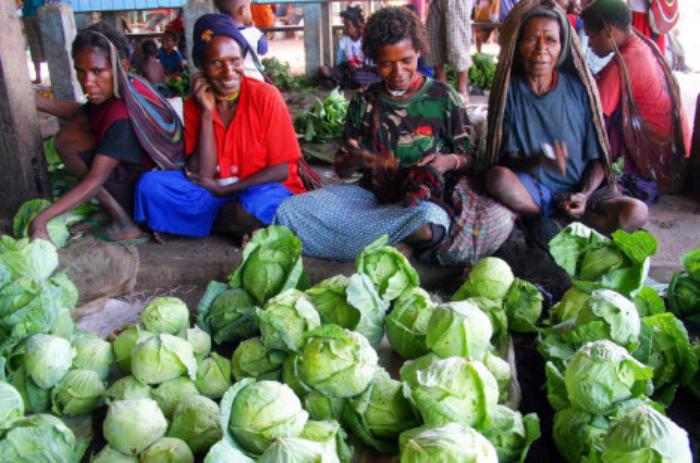
The development, under which many residents will be forced to sell their land, has met opposition from locals and non-government organizations. The Indonesian Farmers Union (SPI) has said that it will lead to a “land grab” by big businesses at the expense of locals.